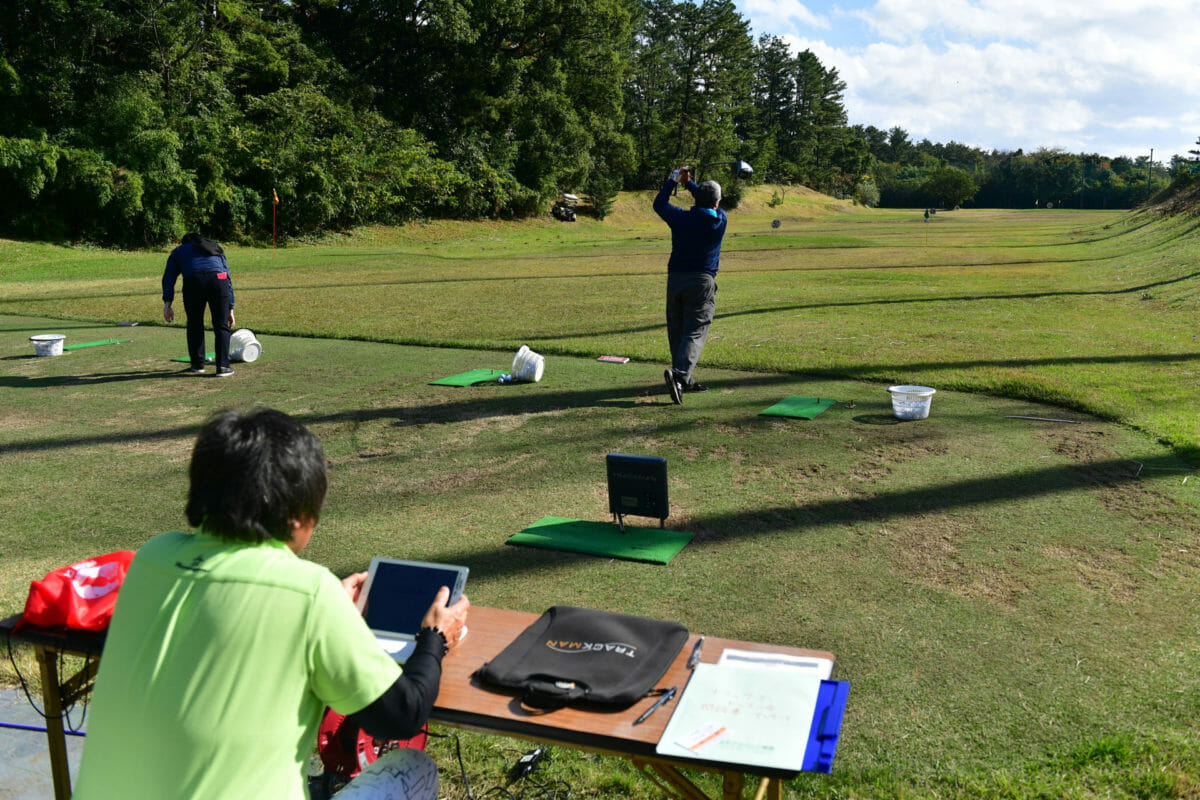It is quite possible that golf, historically, has been the world’s worst-coached game. Consider for a start that golf lessons invariably take place away from the actual field of battle – indeed often in a field, and one that bears no resemblance to the challenges of the game, and the questions the golf course asks of you. How much weight does the apparent progress made in this sterile, artificial environment actually carry?
Then there is the fact that – again, historically – golf lessons have typically begun and ended with swing technique. Not only can this state of affairs lead to the famous paralysis by analysis, it has also been shown to be ineffective for most golfers.
I have spoken on this page before of the ground-breaking work of Dr Gabriele Wulf, author of Attention and Motor Skill Learning and a professor of kinesiology in the US. Wulf’s research has demonstrated that, for many golfers, so-called External Focus – the ball, the club, the ball flight – is far more effective than the Internal Focus on body segments like your chest, your arms or your knees, that has traditionally been the source of so much golfing advice.
It’s a similar story for the many swing exercises and drills we have all been given over the years, especially the ones that ask us to swing to a position and stop. The work of Dr Ed Coughlan, a leading expert in skill acquisition, illustrates how such practices ask the brain to build a model that simply doesn’t translate to the regular, joined-up action of the swing.
In other words, they don’t help. How much all this contributes to the fact only a tiny fraction of golfers actually take golf lessons is anybody’s guess, but we all know people who have tried them and stopped because they didn’t seem to be having any effect, or even made them play worse. But the positive news for everyone is that the tide seems to be turning.
The greater modern emphasis on performance – allied to the fantastic scientific research that is going on in its name – means that your chances of shelling out a wedge of cash only to be pulled into various tortured positions on a draughty range are becoming less and less. There is a growing army of enlightened coaches out there who are harnessing this knowledge to give more effective advice. Seek them out and your time and money can be put to much better use. But how do you identify them? Here are some guidelines:
- A good coach asks good questions. It is very important the coach understands you. Questions like “Why do you play golf?” “What do you want from this lesson?” “What are your long and short-term goals?” initiate an approach that can deliver what you want, and are a great sign you are on the right track. A coach who jumps straight into your position at the top, or starts by telling you things without asking anything, is a red light.
- A good coach understands how you learn. They will ask you to think back to any skills you have acquired, from riding a bike to hitting a tennis ball or even driving a car and get you to examine which processes worked best for you. If you have an engineering mentality and you like to understand how things work, they will pursue a more technical, internally focused approach; if you have had better results with a more feel-oriented process – perhaps you learned tennis by focusing on the face of the racquet – they can take you down the external focus route.
- A good coach is interested in your on-course game. They will perhaps suggest playing lessons to find out what actually goes on on the course – anything from your alignment process to how you strategise, to your miss pattern, to how you deal with adversity. Armed with this knowledge and understanding, they can work on a much more effective and broader strategy to get your scores down. They will also be interested in giving you ideas and feels during the lesson that you can take to the course. It is a rare golfer indeed who can do it all by themselves. We all need help with our games, and, thankfully, modern, enlightened golf coaching has a much broader and more effective remit.
Coaches have moved from simple swing developers to performance-focused experts, adept in all the different aspects of the game that entails. Get one of these guys or gals on your side and you’ll take a massive step towards realising the goals you have for the game.






















Leave a comment